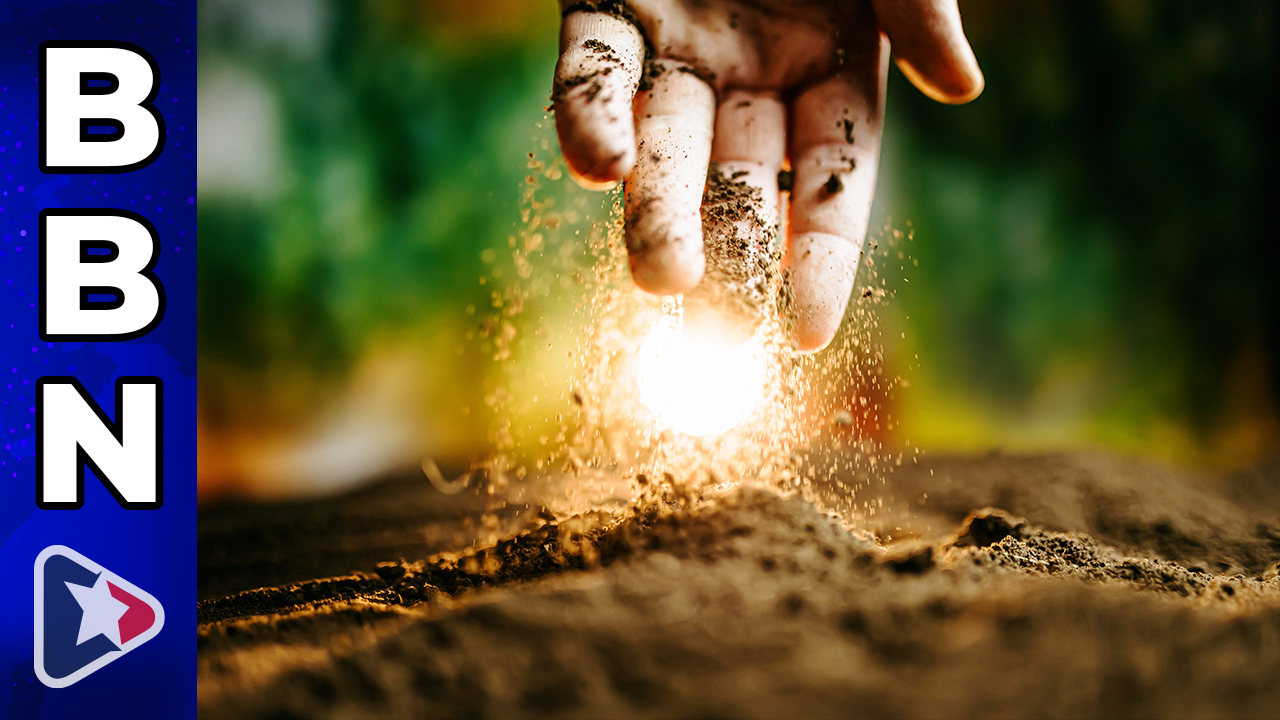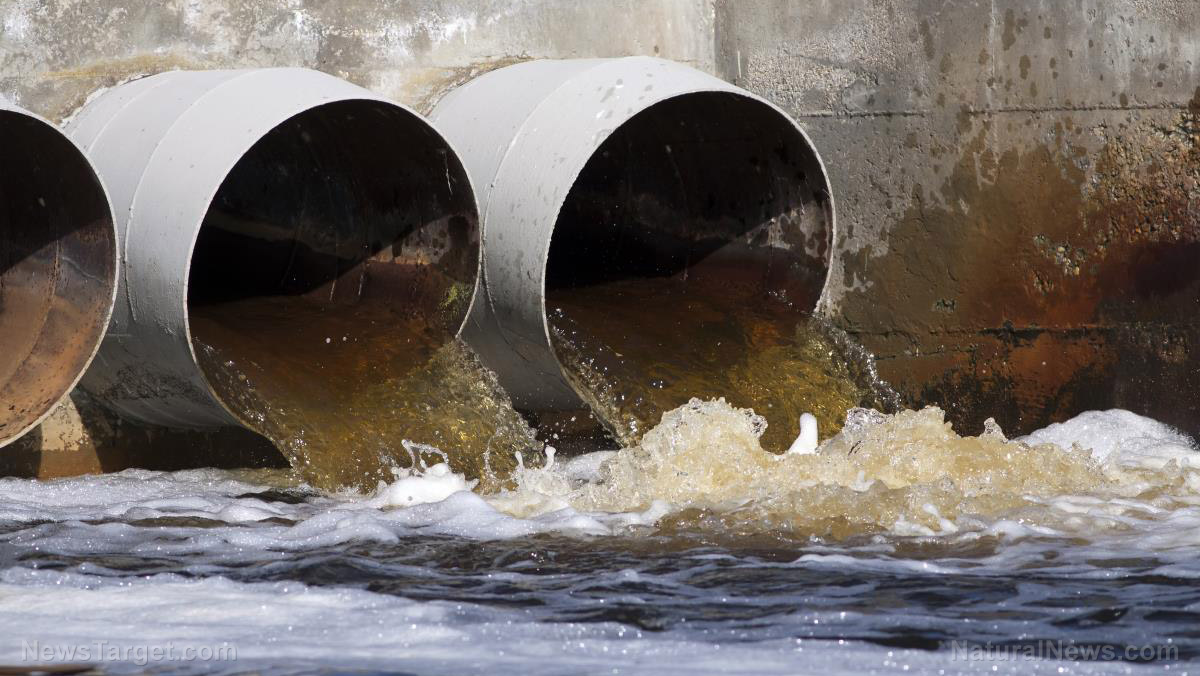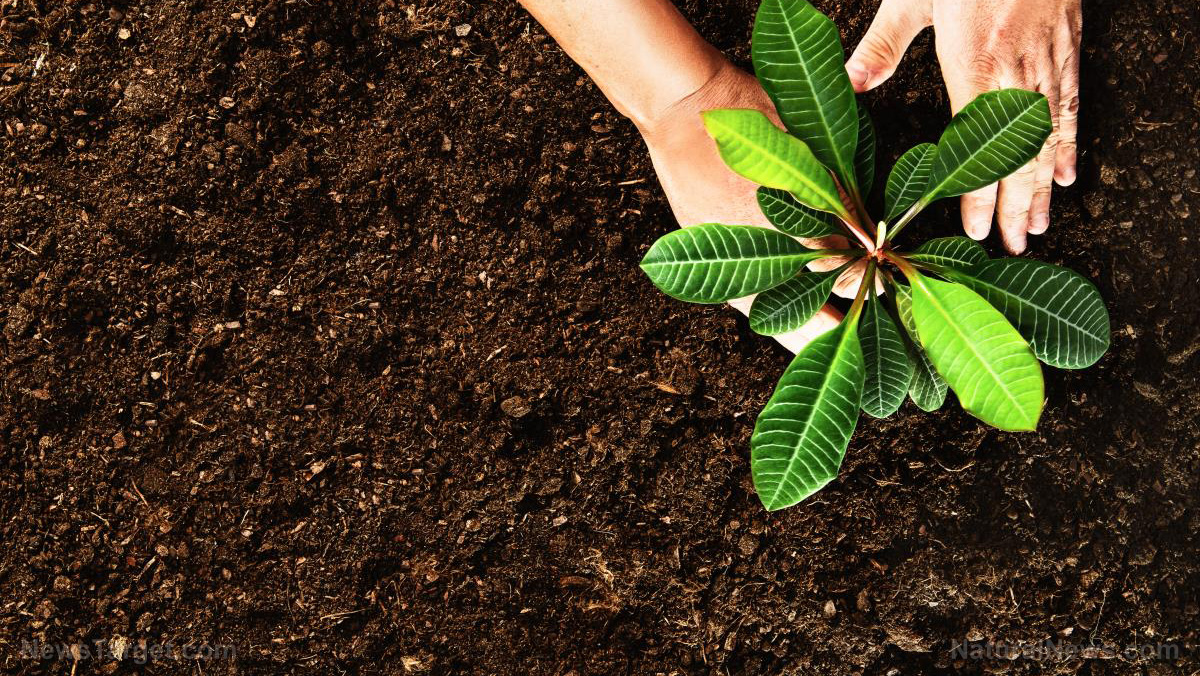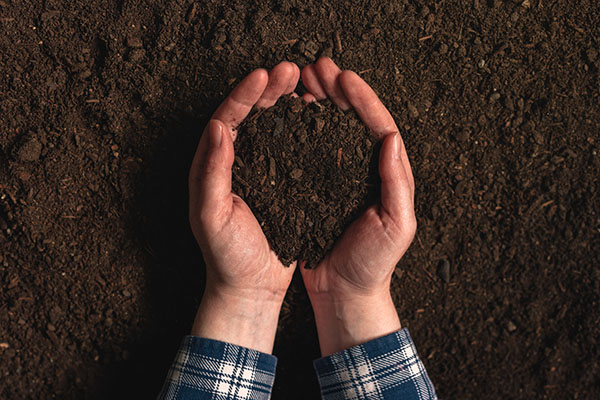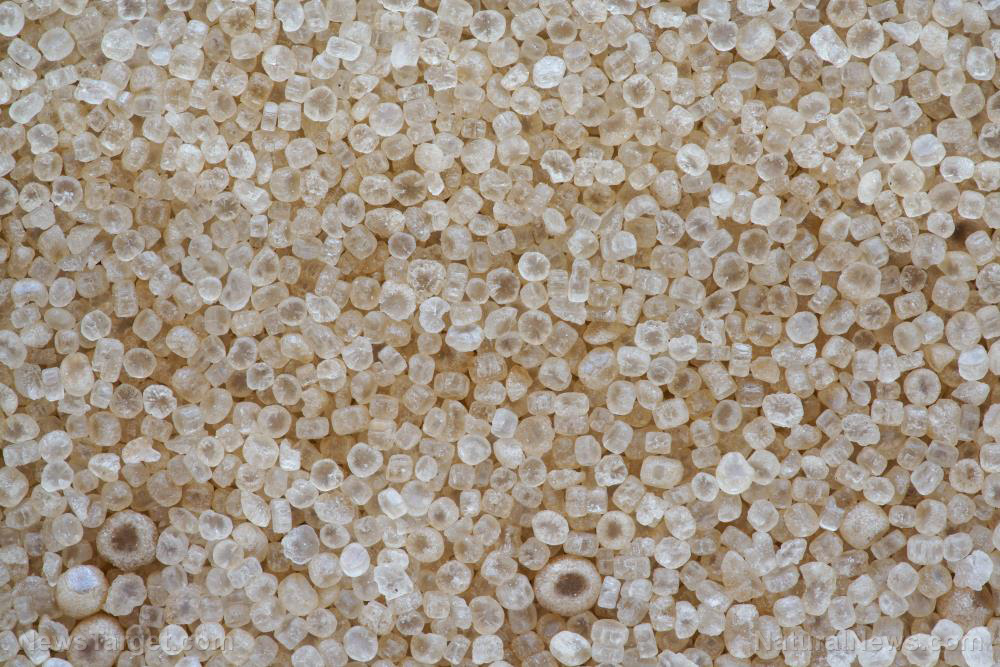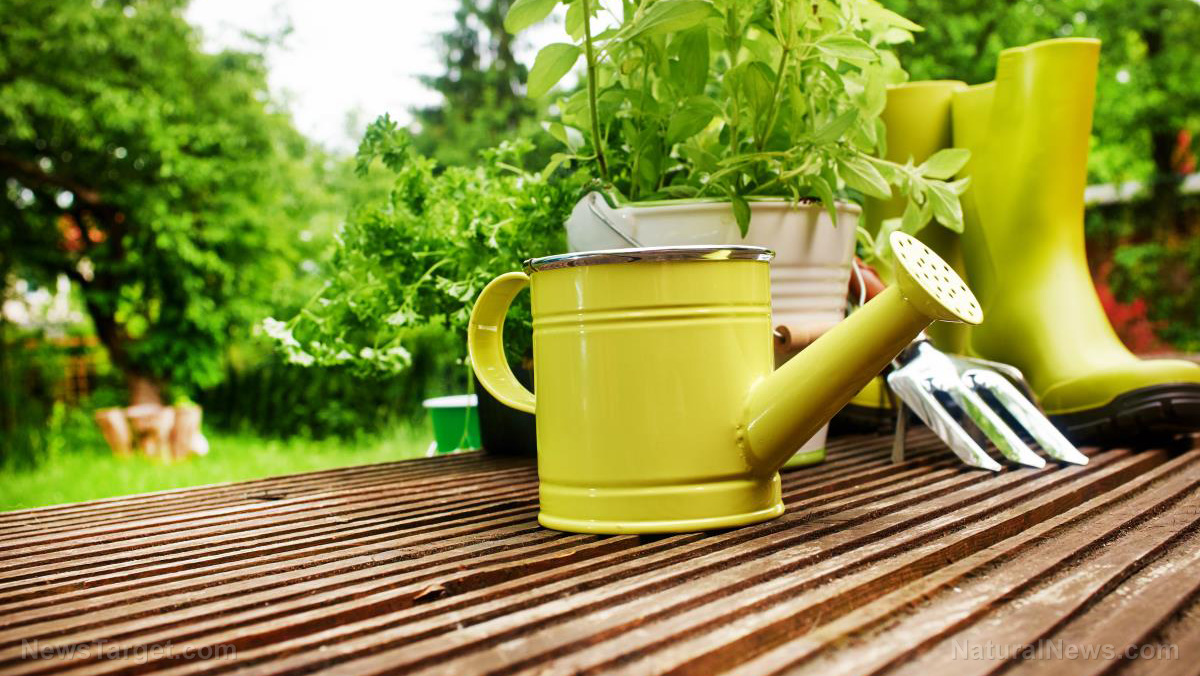
Prices at grocery stores continue to climb amid unrest across the globe. Fortunately, whether you live in an apartment or a homestead, growing your own food in a home garden can help you save a bit of money.
Knowing how to make fertilizer at home can also help ensure that your crops grow healthy so you can put more food on the table. (h/t to TheOrganicPrepper.com)
Fertilizer can help your garden thrive
If you live in a dry area, you need to water and turn the ground regularly during the summer months to produce compost.
During winter, you can also use snow to produce fertilizer. Set up an area in your garden to capture more snow, then regularly mix the snow into the compost.
The soiled bedding captures most of the moisture. The snow will stay in the compost area, then it will decompose more quickly when it warms up.
Your goal is to capture as much moisture as possible on your property by directing it into areas that will soak it up. Snow also has additional benefits for your garden and compost heap. It actually contains nitrogen, along with other elements.
Alternatively, you can make chemical-free fertilizer or compost at home using coffee grounds, eggshells or food scraps.
Coffee ground fertilizer
You will need:
- Coffee grounds
- Newspaper
- Cookie sheet
- Save used coffee grounds from your kitchen and keep them in an airtight container.
- Once you have enough used coffee grounds, line a cookie sheet with newspaper. Spread the used coffee grounds out on the sheet, then let them dry completely.
- Once the coffee grounds are dry, sprinkle them around the base of acid-loving plants.
Coffee ground composts work because coffee grounds are rich in nitrogen, magnesium and potassium – three important plant nutrients.
Coffee grounds are also naturally acidic and they can help you boost the acidity of the soil. If you have azaleas, roses, rhododendrons and blueberries, this method will help your crops grow well.
Use coffee ground compost instead of rose plant food and soil acidifiers.
Eggshells fertilizer
You will need:
- Eggshells
- Blender
Steps:
- Save eggshells and let them air dry.
- Place the dried shells in a blender and pulse until they're powdery-fine.
- Sprinkle the eggshell powder around the plants in your garden.
This works well because eggshells are made up almost entirely of calcium carbonate, the main ingredient in agricultural lime. Use eggshell compost instead of lime in your garden.
Food scrap composts
You will need:
- Fruit and vegetable scraps
- Grass clippings
- Newspapers
Steps:
- Save fruit and vegetable scraps, newspapers, grass clippings and other compostable materials. Use these materials to start a compost bin or pile.
- Add a bit of water to the bin occasionally and turn the pile to speed up the composting process.
- When everything has broken down into dark, rich soil, you can spread the compost in your garden.
Compost is full of nutrients and microorganisms that are good for your garden. Use it to grow healthy crops.
Compost can help protect garden soil
Keeping garden soil as wet as possible makes it less likely to be blown away. This is helpful if you live in a windy area with extended dry periods that may damage exposed soil. (Related: Work smarter, not harder: 6 Home gardening hacks to try.)
To save money on groceries, grow food in a home garden. Try the tips above to make fertilizer and compost for your crops to improve yields come harvest time.
Visit Homegardeningnews.com for more tips on how to cultivate a home garden.
Watch the video below to know more about eight free ingredients that you can add to your compost bins.
This video is from the Alex Hammer channel on Brighteon.com.
More related stories:
Home gardening tips: A beginner’s guide to composting.
Home gardening: 3 Benefits of crop rotation.
Mittleider gardening method boosts yield in a cost-efficient way.
Sources include:
Please contact us for more information.















